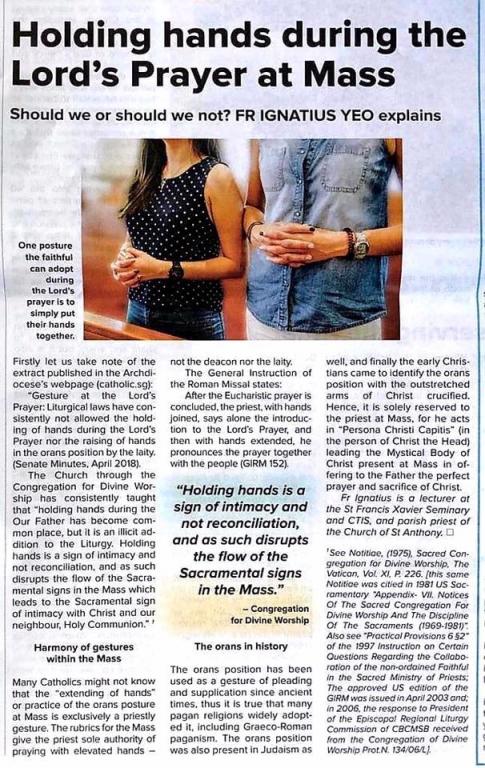On October 9, 1774, after having toured some Philadelphia churches with George Washington, John Adams wrote the following to his wife, Abigail:
I am wearied to death with the life I lead. The business of the Congress is tedious beyond expression…
This day I went to Dr. Allison’s meeting in the forenoon, and hear the Dr.; a good discourse upon the Lord’s supper. . . . This is a Presbyterian meeting. I confess I am not fond of Presbyterian meetings in this town. . . . And I must confess that the Episcopal Church is quite agreeable to my taste as the Presbyterian. They are both slaves to the domination of the priesthood. I like the Congregational way best, next to that Independent.
This afternoon, led by curiosity and good company, I strolled away to mother church, or rather grandmother church. I mean the Romish chapel. I heard a good, short moral essay upon the duty of parents to their children, founded in justice and charity, to take care of their interests, temporal and spiritual. This afternoon’s entertainment was to me most awful and affecting; the poor wretches fingering their beads, chanting Latin, not a word of which they understood; their pater nosters and ave Marias; their holy water; their crossing themselves perpetually; their bowing to the name of Jesus, whenever they hear it; their bowings, kneelings and genuflections before the altar. The dress of the priest was rich white lace. His pulpit was velvet and gold. The altar-piece was very rich, little images and crucifixes about; wax candles lighted up. But how shall I describe the picture of our Savior in a frame of marble over the altar, at full length, upon the cross in the agonies, and the blood dropping and streaming from his wounds! The music, consisting of an organ and a choir of singers, went all the afternoon except sermon time, and the assembly chanted most sweetly and exquisitely.
Here is everything which can lay hold of the eye, ear, and imagination–everything which can charm and bewitch the simple and ignorant. I wonder how Luther ever broke the spell. Adieu.
from John Tracy Ellis, Documents of American Catholic History
















